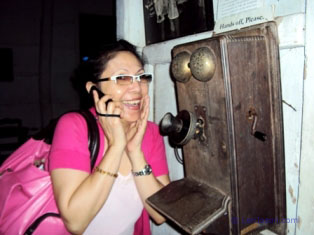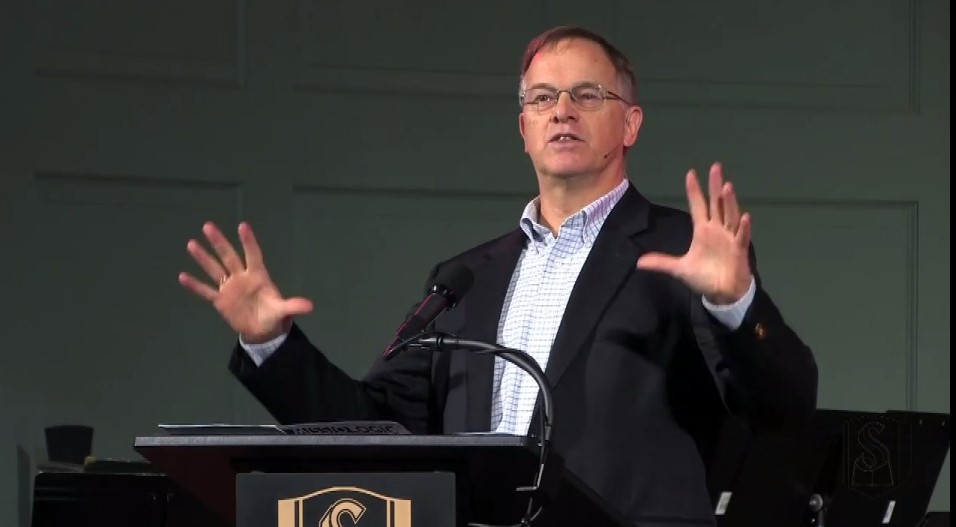Some people assume that when they speak or write, they are clearly understood by others. But we all know that’s not always the case. For some people, we don’t really understand what they’re talking (or writing) about. We are left wondering what they are trying to say! Let’s talk about effective communication.
An idea or a thought starts out in your mind. This idea is supposed to be 100% clear in your mind. You would like to convey this idea to the person you want to talk to—that is, the receptor. Some people assume that when they communicate, we can fully understand them right away as if we are mind-readers. That’s not always the case.
Some folks express their thoughts but their idea is not even 100% clear yet in their minds in the first place. That’s a big communication problem from the start—originating from the communicator himself!
We must not assume that our idea which is 100% clear in our minds is always received in the receptor’s mind 100% crystal clear also. That may not happen that way all the time. It may be garbled along the way due to various factors.
Here are some barriers to effective communication that we need to consider when we are communicating with others:
Your Communication Skills
How good are you (the communicator) in conveying your message? We normally use words and phrases to do that with accompanying body language and gestures if we are talking to the person face-to-face. But how good are you at articulating your idea through words? This is a big factor to consider. Are you using the right words and phrases? Is your choice of words appropriate for your idea or message to be understood fully well? The problem is compounded on internet forums because we don’t see the person and his body language.
The Receptor’s Communication Skills
The second barrier to effective communication is the receptor’s ability to understand the words and phrases used by the communicator. If the receptor do not understand the words used by the communicator, then we have a communication problem. Sometimes, both the communicator and the receptor use exactly the same words but they understand this same word differently. That is, the communicator uses a word to mean one thing but the receptor understands the same word to mean something else. Same words but understood differently. It is good advice for the receptor to listen well and try to understand how the communicator uses particular words to convey his meaning and intent.
It is good to note that words derive its meaning depending on how it is used in a sentence within a particular context. Improving our communication skills, our command of the English language, correct grammar, correct spelling and the like, will all greatly help in making us effective communicators.
Good Listening Skills
Another barrier to understanding is that we all naturally have biases and prejudices. When we listen to another person, some of us already have a preconceived idea of what the other person is talking about even though we haven’t really heard the other person explain his point fully yet. These are “filters” that block or hinder our understanding of the other person’s point of view.
Therefore, it is also good to have good listening skills. Even though the communicator may be poor in his communication skills, or maybe the person doesn’t have a good command of English or poor in grammar, we may still be able to understand him if we have good listening skills—hopefully haha! And one good listening skill is to remove “filters” that block or garble the idea being presented even before we have fully understood the matter. All of us can be biased. No one is exempted. But we can learn to remove these “filters” if we are to understand the other person better.
There’s always a need for us to keep on improving our communication skills.
Photo credit: American Indian smoke signal painting by Frederick Remington







